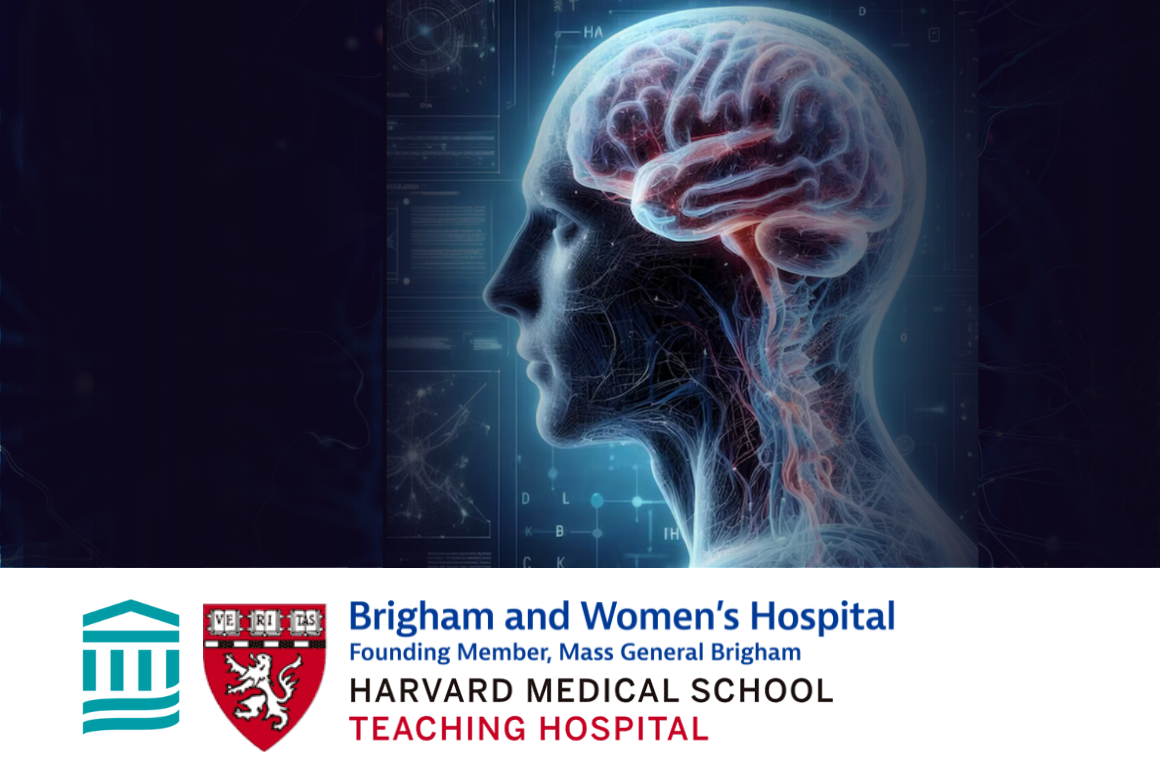Learning Management System User Guide Click Here
Please contact Lynda Reid at mghcme@mgh.harvard.edu or 866-644-7792 with questions.

We are offering a full virtual option to accommodate those who can not attend in person. For more information and to register, please click the link below.
Neuropsychiatry is an exciting and rapidly growing field that promotes an improved understanding of the brain and mind relationship. It seeks to elucidate the neurocircuitry involved in primary psychiatric symptoms and syndromes such as mood, anxiety, psychotic, and somatic symptom disorders, and in neurological disorders that present with cognitive, emotional, or behavioral problems. The goal of neuropsychiatry is to advance diagnostic processes and treatment options for patients suffering from these disorders.
Healthcare professionals need to formulate an integrated understanding of neuropsychiatric disorders and implement interventions aligned with such an integrated vision. Interventions include the adaptation of psychotherapy interventions for patients with cognitive deficits, a judicious use of psychopharmacological agents, and appropriate use of brain stimulation therapies or referrals to specialists who use these techniques. They need to become familiar with medical conditions that could manifest with neuropsychiatric symptoms and know how to treat them, refer to other specialists, or work collaboratively with medical subspecialists. Ideally, neuropsychiatric conditions require comprehensive evaluations and evidence-based therapeutic approaches delivered by interdisciplinary teams.
This course is designed to enhance participants’ knowledge of brain-behavior relationships and their skills for the diagnostic work-up and treatment of patients with neuropsychiatric disorders. Harvard Medical School faculty will review cutting-edge clinical research, evidence-based interventions, and practical guidelines for the clinician. The course content will include the functional neuroanatomy of emotions, cognition, and behavior, the fundamentals of the neuropsychiatric exam and relevant ancillary tests, and neuropsychopharmacological and non-pharmacological interventions in neuropsychiatric disorders. We will discuss the neuropsychiatric aspects of traumatic brain injury, epilepsy, neurodegenerative disorders, neuroinflammatory disorders, multiple sclerosis, functional neurological disorders, sleep disorders, Tourette Syndrome, and other neurodevelopmental disorders, addiction, pain, and other disorders. Learners will benefit from a variety of educational formats, including lectures, panel discussions, case discussions, question-and-answer sessions, and an electronic syllabus.
Upon completion of this activity, participants will be able to:
Physicians:
Early Bird Registration (on or before August 30, 2025): $825.00
Regular Registration (after August 30, 2025): $875.00
Nurses:
Early Bird Registration (on or before August 30, 2025): $650
Regular Registration (after August 30, 2025): $700.00
Residents/Fellows:
Early Bird Registration(on or before August 30, 2025): $250.00
Regular Registration (after August 30, 2025): $300.00
Social Workers:
Early Bird Registration (on or before August 30, 2025): $500.00
Regular Registration (after August 30, 2025): $550.00
Psychologists:
Early Bird Registration (on or before August 30, 2025): $650.00
Regular Registration (after August 30, 2025): $700.00
Allied Health Professionals (Including Physician Assistants):
Early Bird Registration (on or before August 30, 2025): $650.00
Regular Registration (after August 30, 2025): $700.00
We provide all attendees with completely free access to all slide presentations in digital PDF format prior to the conference. This is an environmentally friendly alternative and helps keep costs lower for all attendees. The e-syllabus will be available for 30 days after the conference.
A refund minus a $100.00 administrative fee will be issued for refund requests received by October 1, 2025. No refunds will be issued for refund requests made after October 2, 2025. Payments made may not be applied to future conferences or other educational activities. There are no exceptions to these policies.
Please check back later for this information.
Please check back for the program agenda soon.
Juan Carlos Urizar, MD
Medical Director, Geriatric Psychiatry
Brigham and Women’s Hospital/Mass General Brigham
BWH Director, Mass General Brigham Geriatric Psychiatry Fellowship
Instructor in Psychiatry, Harvard Medical School
Gaston Baslet, MD
Associate Psychiatrist
Bruce W. Carter, Dept. of Veterans Affairs Medical Center
Associate Psychiatrist, Brigham and Women’s Hospital/Mass General Brigham
Associate Professor in Psychiatry, Harvard Medical School
Scott McGinnis, MD
Associate Neurologist
Brigham and Women’s Hospital/Mass General Brigham
Assistant Professor of Neurology, Harvard Medical School
Laura Safar, MD
Vice Chair, Psychiatry & Behavioral Medicine, Lahey Hospital and Medical Center
Program Director, Lahey Psychiatry Residency Program
Associate Professor of Psychiatry, UMass Chan Medical School
Lecturer on Psychiatry, Part-time, Harvard Medical School
Kirk Daffner, MD, FANA, FAAN, FANPA
Director of the Center for Brain/Mind Medicine
Mass General Brigham
J. David and Virginia Wimberly Professor of Neurology
Harvard Medical School
David Silbersweig, MD
Chairman Emeritus, Department of Psychiatry
Brigham and Women’s Hospital/Mass General Brigham
Stanley Cobb Professor of Psychiatry, Harvard Medical School
We have a dedicated staff member who is available by phone 5 days per week between 8 am and 5 pm by calling 866-644-7792 or email at mghcme@mgh.harvard.edu. All inquiries will be dealt with in a timely (within one business day) and professional manner. Requests for credits or refunds will be reviewed by the Director of the Division of Professional and Public Education, Massachusetts General Hospital. Please refer to our cancellation policy for additional information.”